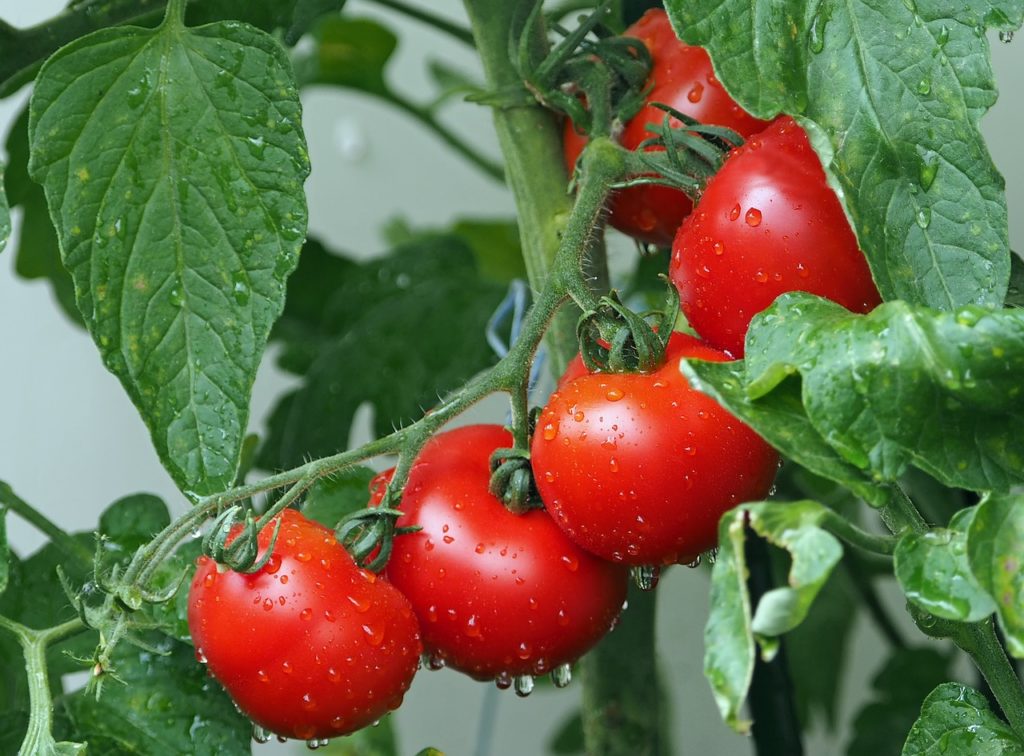
By Clint Thompson
Financial support was just what the University of Florida Institute of Food and Agricultural Sciences (UF/IFAS) needed to conduct research and provide farmers with new and improved recommendations for fertilization of five significant Florida crops.
Thomas Obreza, senior associate dean for UF/IFAS Extension and project leader, discussed the impact that $8.8 million will have in research pertaining to tomato, potato, citrus, grain corn and snap bean.

“Fertilizer and nutrient management are something we have always worked on in IFAS. But we really got a nice shot in the arm from the Florida Legislature this past session that has provided the $8.8 million of funding to put in bigger participation in what we’re able to do across the state. I’ve been with IFAS for 33 years, and we’ve never had a funding infusion like that,” Obreza said. “It’s got a lot of people excited.”
Fertilizer Importance
Fertilizers are a key component in crop development every year. Growers apply fertilizers within specific parameters also known as best management practices (BMPs). Florida BMPs derive from UF/IFAS research that establishes fertilization rates for crop yields.
But in an era where fertilizer expenses have spiked to unforeseen levels, producers have to be efficient with their applications. New research is needed to update UF/IFAS nutrient recommendations that correlate with the current advancements being made in crop production.
“As we all know, input prices this year have really gone up. Fertilizer is a lot more expensive than it used to be. Other inputs are more expensive, so if you can still produce maximum yield with good quality with lower inputs, that’s better for the bottom line,” Obreza said. “A lot of what we’re going to be doing is concentrate on nutrient use efficiency; just applying enough for the crop to use without applying excessive amounts; managing the water correctly to make sure that we minimize any losses to the environment. Nutrient use efficiency is a big focus of the work that we’re going to be doing, particularly with the nutrients, nitrogen and phosphorous.”
Most of the research will be a collaborative effort with growers and cover production areas across Florida. Tomatoes and green beans will be studied in the fall, with potatoes in the winter and corn next spring. Citrus research will start once the research teams are ready and continue year-round.
“We need to match our recommendations with the conditions we have today,” Obreza said.









